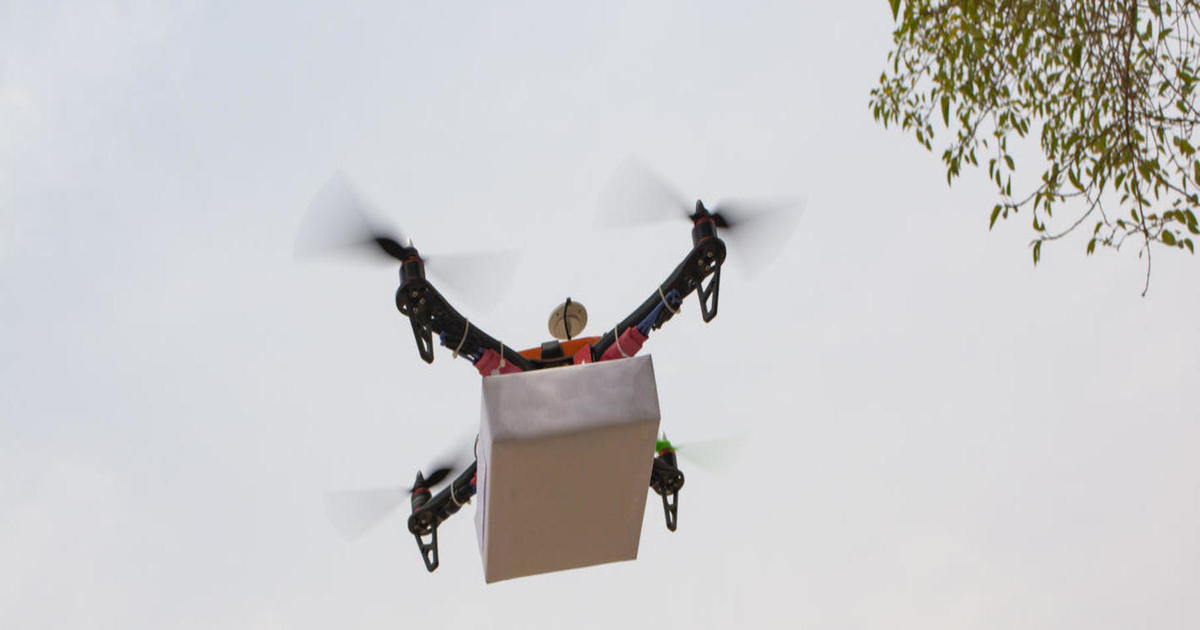Why Medical Drones Are Taking Off in Healthcare
With their speed and maneuverability, drones have long captured attention for their potential to deliver shopping orders and photograph the world from above. But the machines can also serve a medical purpose by shuttling drugs, defibrillators and other equipment to emergency sites or care facilities. Improvements in battery life, GPS navigation and artificial intelligence functions are making drones a more practical option in healthcare, says Dr. Daniel Kraft, faculty chair for medicine and neuroscience at Singularity University, an executive education program that also serves as a business incubator and consultancy service. Theft is also a concern, says Will Stavanja, chief technical officer at AirBox Technologies, which is testing its DroneX fleet for medical deliveries in the Caribbean. “Right now, most drones land, drop the package and leave,” says Stavanja, whose team has developed smart mailboxes for secure delivery. Addressing that risk will be key to determining whether drones can handle sensitive cargo. “You want a very high degree of certainty,” Kraft says. “It’s one thing if you lose a urine sample or a blood sample; you can get another one. It’s another to lose an organ.”


